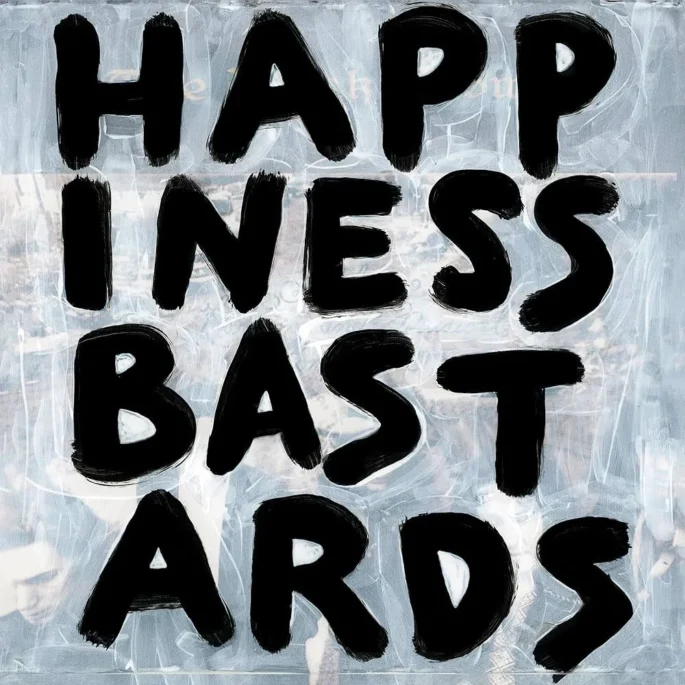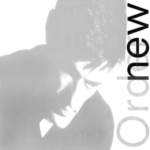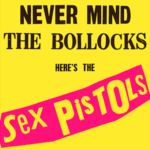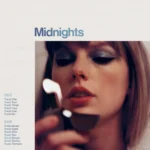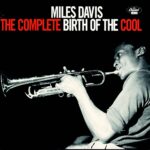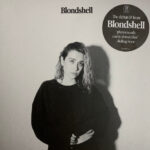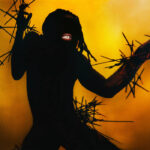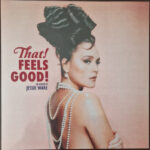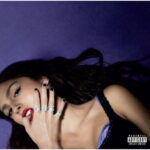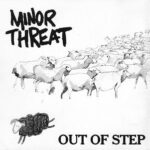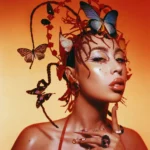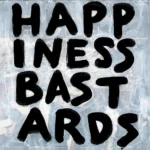 The Black Crowes have a long and storied history, marked by both soaring highs and tumultuous lows. The Robinson brothers’ well-documented feuds have led to multiple breakups and reunions, leaving fans both hopeful and skeptical about each new chapter. Enter “Happiness Bastards,” their latest offering after an eight-year hiatus. Does it recapture the magic of their early years, or is it simply a rehash of past glories? This review delves into the album’s strengths, weaknesses, and its place within the Black Crowes’ expansive discography.
The Black Crowes have a long and storied history, marked by both soaring highs and tumultuous lows. The Robinson brothers’ well-documented feuds have led to multiple breakups and reunions, leaving fans both hopeful and skeptical about each new chapter. Enter “Happiness Bastards,” their latest offering after an eight-year hiatus. Does it recapture the magic of their early years, or is it simply a rehash of past glories? This review delves into the album’s strengths, weaknesses, and its place within the Black Crowes’ expansive discography.
“Happiness Bastards” wastes no time establishing its intent. Opening track “Bedside Manners” explodes with a swaggering riff and Chris Robinson’s signature raspy vocals, immediately transporting listeners back to the band’s heyday. Rich Robinson’s muscular slide guitar weaves around his brother’s vocals, creating a sonic tapestry that’s both familiar and exhilarating.
The album leans heavily on the classic Black Crowes sound: blues-rock stompers with a touch of Southern gothic thrown in for good measure. Tracks like “Rats and Clowns” and “Dirty Cold Sun” are pure adrenaline rushes, fueled by Brian Griffin’s thunderous drumming and Steve Gorman’s pulsating bass lines. Chris Robinson’s vocals are in top form, channeling the fiery spirit of a young Mick Jagger with a hint of bluesy grit.
However, “Happiness Bastards” isn’t simply a nostalgia trip. There are moments of experimentation that hint at a band still capable of growth. “Cross Your Fingers” starts as a stripped-down acoustic ballad before morphing into a mid-tempo rocker with a rap-like vocal delivery. This unexpected shift keeps the listener engaged and showcases the band’s willingness to take risks.
The inclusion of Lainey Wilson on the country-tinged ballad “Wilted Rose” adds a welcome layer of texture to the album. Her soulful vocals blend seamlessly with Chris Robinson’s, creating a poignant and heartfelt duet. This track demonstrates the band’s ability to incorporate new influences without sacrificing their core identity.
One of the album’s highlights is the production, courtesy of Jay Joyce. He strikes a perfect balance between capturing the band’s raw energy and providing a clear, polished soundscape. The guitars sound crisp and cutting, the drums have a powerful punch, and Chris Robinson’s vocals are front and center without being overbearing.
Despite its strengths, “Happiness Bastards” isn’t without flaws. Some tracks, particularly in the mid-section of the album, feel a bit derivative, relying on familiar chord progressions and lyrical themes. This creates a sense of deja vu for longtime fans who might be hoping for a more audacious reinvention.
Furthermore, while the album is undeniably fun, it lacks the emotional depth and lyrical complexity that characterized the band’s earlier work. Songs like “She Talks Dirty” and “Get It On Time” are catchy but ultimately forgettable, lacking the introspective edge that made tracks like “Sometimes Salvation” and “Thorn in My Side” so resonant.
Ultimately, “Happiness Bastards” is a successful reunion album for the Black Crowes. It captures the raw energy and bluesy swagger that made them famous in the first place, while hinting at a band still capable of surprising listeners. While it might not reach the heights of their classic albums like “Shake Your Money Maker” and “The Southern Harmony and Musical Companion,” it’s a welcome return to form that will undoubtedly please longtime fans.
New listeners might find themselves drawn to the album’s infectious energy and Chris Robinson’s electrifying vocals. However, those seeking a deeper exploration of themes and emotions might be left wanting. “Happiness Bastards” is a rock and roll record in the truest sense – loud, brash, and unapologetically fun. It’s a party album that celebrates the joy of playing music together, and that’s a message worth celebrating, even if it doesn’t rewrite the Black Crowes’ legacy.
This post has already been read 359 times!
